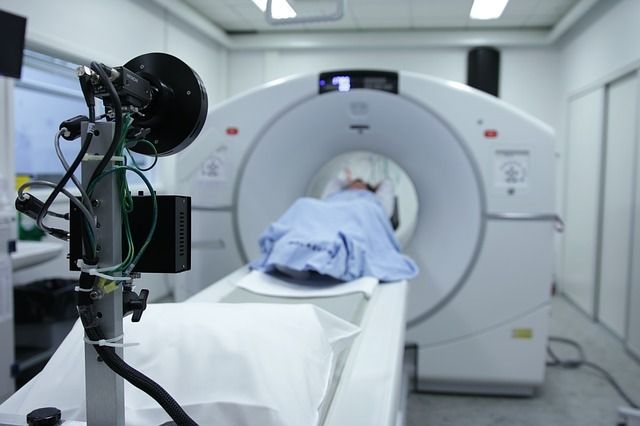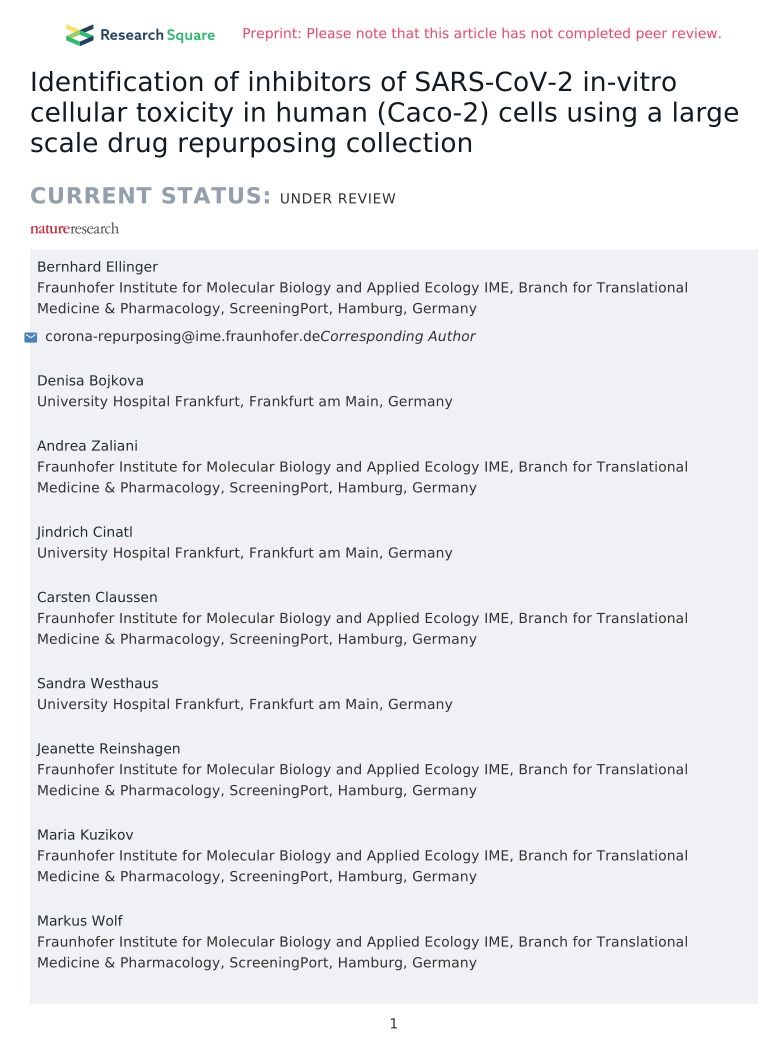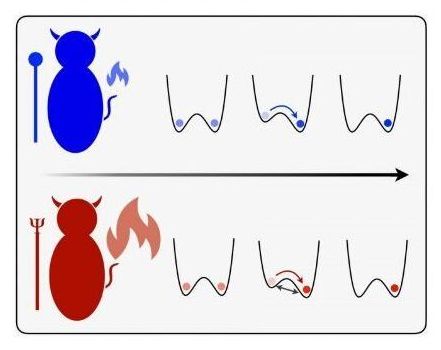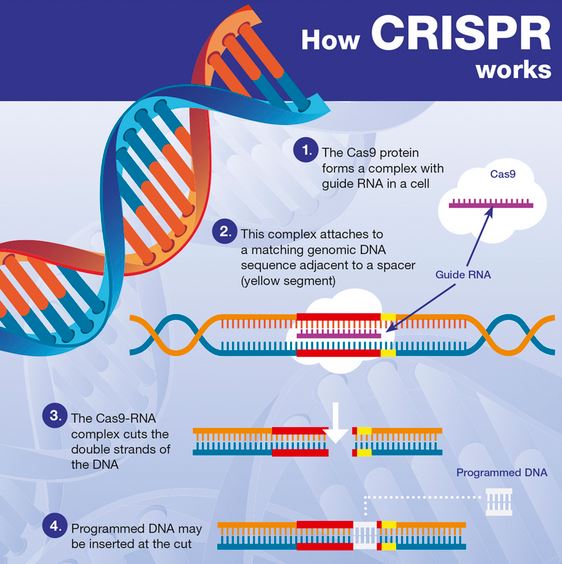NASA’s record-breaking OSIRIS-REx mission goes in for the space agency’s first-attempted asteroid surface sample on Tuesday. If successful, a sample from asteroid Bennu’s surface will arrive back at Earth in late September of 2023.



Varian has secured an investigational device exemption (IDE) approval from the US Food and Drug Administration (FDA) to begin a clinical trial of FLASH therapy is an experimental treatment modality designed to deliver radiation therapy at ultra-high dose rates.
With ultra-high dose rates, FLASH therapy is said to be delivered in less than one second and more than 100 times faster compared to conventional radiation therapy.
The study, which is named as FAST-01(feasibility study of FLASH radiotherapy for the treatment of symptomatic bone metastases), will include the investigational use of Varian’s ProBeam particle accelerator that is modified to deliver an advanced non-invasive treatment option for cancer patients.
Varian has secured an IDE approval from the US Food and Drug Administration (FDA) to begin a clinical trial of FLASH therapy.
Our overarching vision: A world where data on all treatments that have been used against COVID19 are maintained in a central repository and analyzed so that physicians currently treating COVID19 patients know what treatments are most likely to help their patients and so that clinical trials can be appropriately prioritized.
Our team reviewed 2500+ papers & extracted data on over 9,000 COVID19 patients. We found 115 repurposed drugs that have been used to treat COVID19 patients and analyzed data on which ones seem most promising for clinical trials. This data is open source and can be used by physicians to treat patients and prioritize drugs for trials. The CDCN will keep this database updated as a resource for this global fight. Repurposed drugs give us the best chance to help COVID19 as quickly as possible! As disease hunters who have identified and repurposed drugs for Castleman disease, we’re applying our ChasingMyCure approach to COVID19.

To identify possible candidates for progression towards clinical studies against SARS-CoV-2, we screened a well-defined collection of 5632 compounds including 3488 compounds which have undergone clinical investigations (marketed drugs, phases 1 −3, and withdrawn) across 600 indications. Compounds were screened for their inhibition of viral induced cytotoxicity using the human epithelial colorectal adenocarcinoma cell line Caco-2 and a SARS-CoV-2 isolate. The primary screen of 5632 compounds gave 271 hits. A total of 64 compounds with IC50 <20 µM were identified, including 19 compounds with IC50 < 1 µM. Of this confirmed hit population, 90% have not yet been previously reported as active against SARS-CoV-2 in-vitro cell assays. Some 37 of the actives are launched drugs, 19 are in phases 1–3 and 10 pre-clinical. Several inhibitors were associated with modulation of host pathways including kinase signaling P53 activation, ubiquitin pathways and PDE activity modulation, with long chain acyl transferases were effective viral inhibitors.

Researchers from Trinity have discovered a uniquely quantum effect in erasing information that may have significant implications for the design of quantum computing chips. Their surprising discovery brings back to life the paradoxical “Maxwell’s demon,” which has tormented physicists for over 150 years.
The thermodynamics of computation was brought to the fore in 1961 when Rolf Landauer, then at IBM, discovered a relationship between the dissipation of heat and logically irreversible operations. Landauer is known for the mantra “Information is Physical,” which reminds us that information is not abstract and is encoded on physical hardware.
The “bit” is the currency of information (it can be either zero or one) and Landauer discovered that when a bit is erased there is a minimum amount of heat released. This is known as Landauer’s bound and is the definitive link between information theory and thermodynamics.

Construction sites are vast jigsaws of people and parts that must be pieced together just so at just the right times. As projects get larger, mistakes and delays get more expensive. The consultancy Mckinsey estimates that on-site mismanagement costs the construction industry $1.6 trillion a year. But typically you might only have five managers overseeing construction of a building with 1,500 rooms, says Roy Danon, founder and CEO of British-Israeli startup Buildots: “There’s no way a human can control that amount of detail.”
Danon thinks that AI can help. Buildots is developing an image recognition system that monitors every detail of an ongoing construction project and flags up delays or errors automatically. It is already being used by two of the biggest building firms in Europe, including UK construction giant Wates in a handful of large residential builds. Construction is essentially a kind of manufacturing, says Danon. If high-tech factories now use AI to manage their processes, why not construction sites?
AI is starting to change various aspects of construction, from design to self-driving diggers. Some companies even provide a kind of overall AI site inspector that matches images taken on site against a digital plan of the building. Now Buildots is making that process easier than ever by using video footage from GoPro cameras mounted on the hard hats of workers.

We ask students to login via google as we share a lot of our content over google drive. To access the same, a google account is a must.
The CRISPR-Cas9 system has revolutionized genetic manipulations and made gene editing simpler, faster and easily accessible to most laboratories.
To its recognition, this year, the French-American duo Emmanuelle Charpentier and Jennifer Doudna have been awarded the prestigious Nobel Prize for chemistry for CRISPR.



A very high speed camera.
Wang’s newest camera called, which has the wordy moniker “single-shot stereo-polarimetric compressed ultrafast photography” (SP-CUP), builds on previous iterations that were capable of shooting at even faster rates, some of them capable of shooting up to 70 trillion frames per second.
But what the new Caltech camera brings to the table is its ability to perceive the world more like humans can. The human eye’s depth perception relies on there being two of them — and the new rig can pull off the same stereoscopic trick.
“The camera is stereo now,” Wang said in a statement. “We have one lens, but it functions as two halves that provide two views with an offset. Two channels mimic our eyes.”